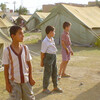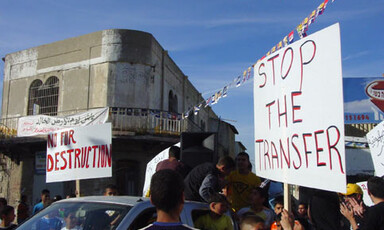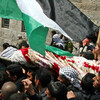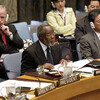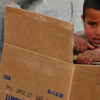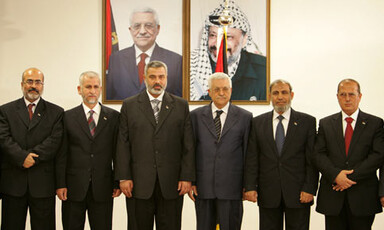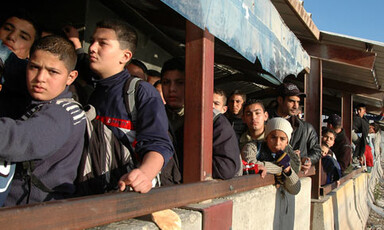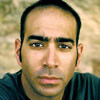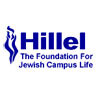
I will not be silenced
7 April 2006
“Last week, Hillel Director Robert Fishman sent an organizational e-mail over the Hillel listserv accusing me of being a terrorist,” writes GW law student Fadi Kiblawi, “The claims include that I have ‘led chants (of) ‘Death to Jews.’” In this contribution to EI, Kiblawi, a leading advocate of divestment from Israel, demands an apology for these falsehoods, calumny and intimidation, and warns he will take legal action to clear his name against those who launched this scurrilous campaign. He affirms that he and other students who insist on open debate about how to confront Israel’s human rights abuses will not be silenced. Read more about I will not be silenced
